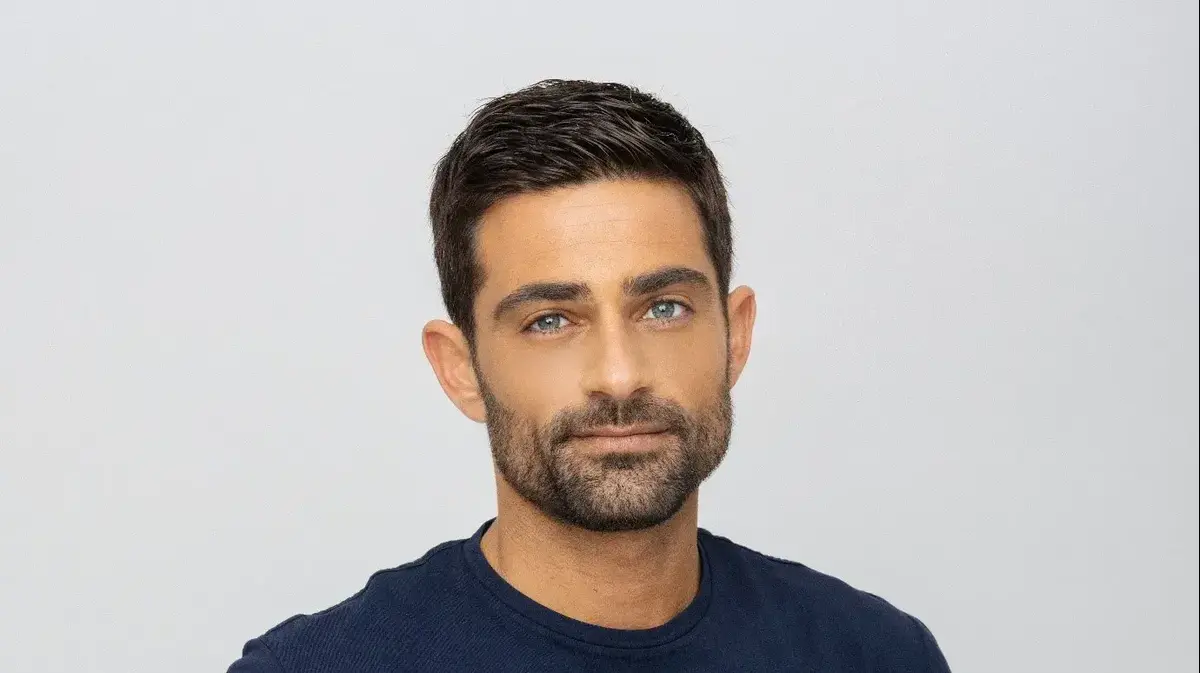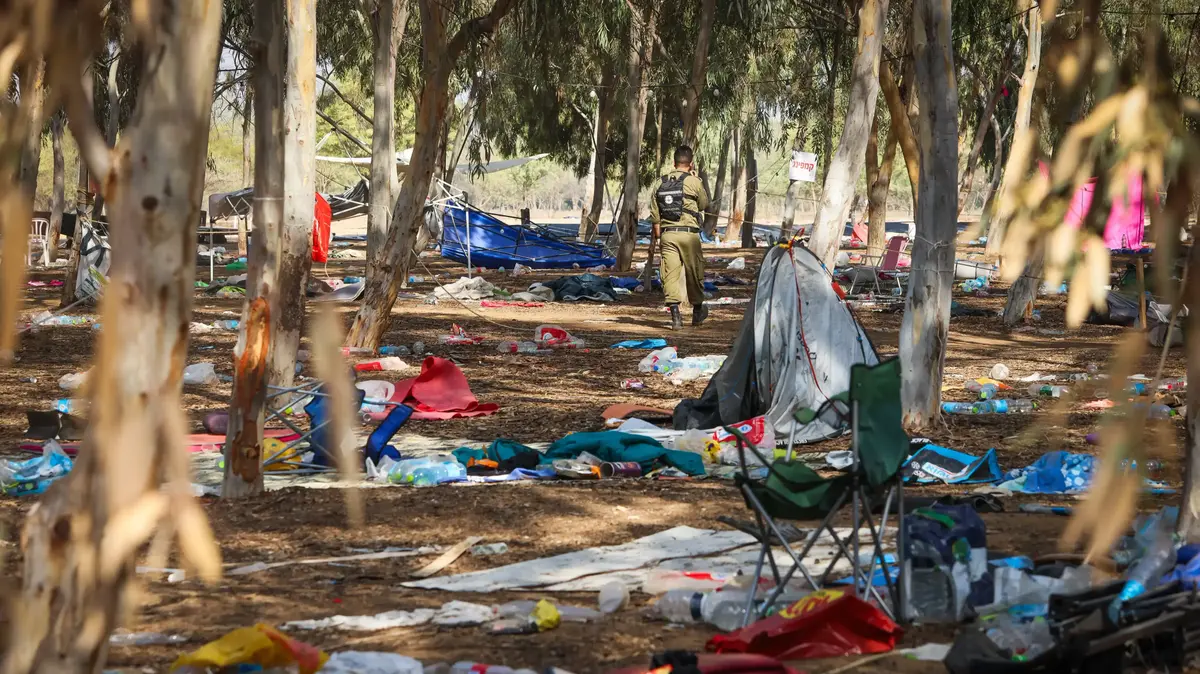Enlarge image
Arora in New York: "Doing great things"
Photo: James Mooney
The UN Secretary General is elected every five years.
The current incumbent António Guterres will most likely be re-elected at the next vote.
But there are opposing candidates, including the 34-year-old Arora Akanksha (
Arora is her family name, she asks to be addressed as such
- editor).
She worked as a UN financial auditor for four years, but had no diplomatic experience whatsoever.
Even so, your candidacy could change a lot.
SPIEGEL:
Ms. Arora, you are 34 years old and you are challenging the UN Secretary General - a man who is twice your age and who was prime minister and diplomat before his term in office.
Why do they do that?
Arora:
There is a short answer and a long answer.
The short one is, the UN could do great things, but it doesn't.
It doesn't serve people.
And I want to change that.
To person
Enlarge Image Photo: James Mooney
Arora Akanksha, 34, was born in India.
At 18, she moved to Canada to study public administration.
Then she worked for an auditing company.
From December 2016 she worked for the UN.
She took leave of absence for her campaign.
SPIEGEL:
And the long one?
Arora:
The task of the UN is to bring peace and security, to defend human rights, to promote development and the rule of law.
But we don't do any of it right.
The UN claims, for example, that it is missing four billion dollars, so it cannot help all refugees in the world.
At the same time, the United Nations travel budget is $ 2.5 billion.
We cannot support refugees sufficiently, but we fly first class.
The same applies to climate change.
Most of the money goes into reports and conferences - not into solutions.
SPIEGEL:
Why do you think you can change that?
Arora: For
75 years, the office of UN Secretary General went to men who were previously in politics.
And what did they achieve?
They are not affected by the problems they are supposed to solve.
They lack empathy.
"The UN leadership only cares about itself."
SPIEGEL:
Why do you think you're more empathic?
Arora:
My grandparents were refugees, they fled Pakistan to India.
You worked as a street vendor to enable my father to train as a doctor.
I do not come from the upper class, but had to work hard for myself.
SPIEGEL:
When did you realize that something was wrong with the UN?
Arora:
There were several key moments.
One of them: I started at the UN in December 2016, shortly afterwards the Secretary General had his first day.
He was supposed to be giving a speech in the lobby and I got there early for the best view.
Fifteen minutes later his entourage showed up, all men in suits.
They placed themselves in front of me as a matter of course and blocked my view.
I can't remember a single word the UN Secretary-General said - just the feeling I had that day: I felt small and degraded by this elite who had pushed their way forward as if nothing was there.
"The management doesn't care about these children."
SPIEGEL:
What were the other moments?
Arora:
I was once with the UN on a trip to Uganda.
We lived in a nice hotel and ate in expensive restaurants.
When we were filling up in the evening, I saw a girl on the side of the road.
She was neglected and apparently so hungry that she ate mud from the floor.
It was a terrible sight.
When I told my superiors in New York about it, they said, Oh, that's not bad, sludge contains iron, and that's good for children.
I could not believe it!
It is the job of the UN to help these children.
But they are completely irrelevant to the management team.
They only care about themselves.
SPIEGEL:
Why do you have to become UN Secretary General to change that?
Arora:
I was trying to reform the system from within.
When that didn't work, there were three options: quit, keep quiet and enjoy the convenience - or get up.
Everyone in the UN knows these things are going wrong.
It's time we talked about it.
SPIEGEL:
All of the general secretaries had decades of experience, many of whom were diplomats, ministers or even state presidents before.
You were an auditor for only four years.
Why are you still suitable for the office?
Arora:
Every Secretary General has a staff, decisions are made in accordance with experts.
So I wouldn't be alone.
To put it the other way round: If these men have not managed to do their job - wouldn't it make sense to choose someone who is different?
For example: a young woman who does not belong to the usual elite.
"All I ask is a fair chance."
Arora Akanksha, UN candidate
SPIEGEL:
What would you do differently than the previous General Secretaries?
Arora:
I would distribute the resources differently and put less money into bureaucracy and more into solutions.
For example, we often fly in international employees, and local staff could also be employed.
And I would like to fill 25 percent of management positions with people under 40.
We have to become more innovative, and that is only possible if you give young people more power.
"The system has to change"
SPIEGEL:
However, the UN's power is limited.
Most decisions - for example on refugee or climate policy - are made by the member states.
The UN has symbolic power, but little influence.
Arora:
But that doesn't have to be the case, the UN could do a lot more.
For example, look at the crisis in Myanmar, where the military has taken power.
At such moments, the UN should actually mediate between the conflicting parties.
But what do we do instead?
We write reports.
We post tweets.
Why isn't the UN getting more involved?
That would be our job.
SPIEGEL:
Is it true that you are funding your campaign out of your own pocket?
Arora:
Yeah, about $ 30,000.
This is only possible because a lot of volunteers help me.
And because my life is reasonably cheap: I live in a one-room apartment in New York, and I conduct all interviews from here.
At the moment I only sleep three to four hours a night.
I do the interviews from my living room.
(Arora turns her camera to show the setting. Her only equipment is two spotlights that illuminate her during the interview.)
SPIEGEL:
Your candidacy is considered hopeless.
Why are you doing this to yourself anyway?
Arora:
Because the system has to change. I don't want to die knowing that I haven't even tried. All I ask is a fair chance I'm not worth less just because I'm not a middle-aged man.









